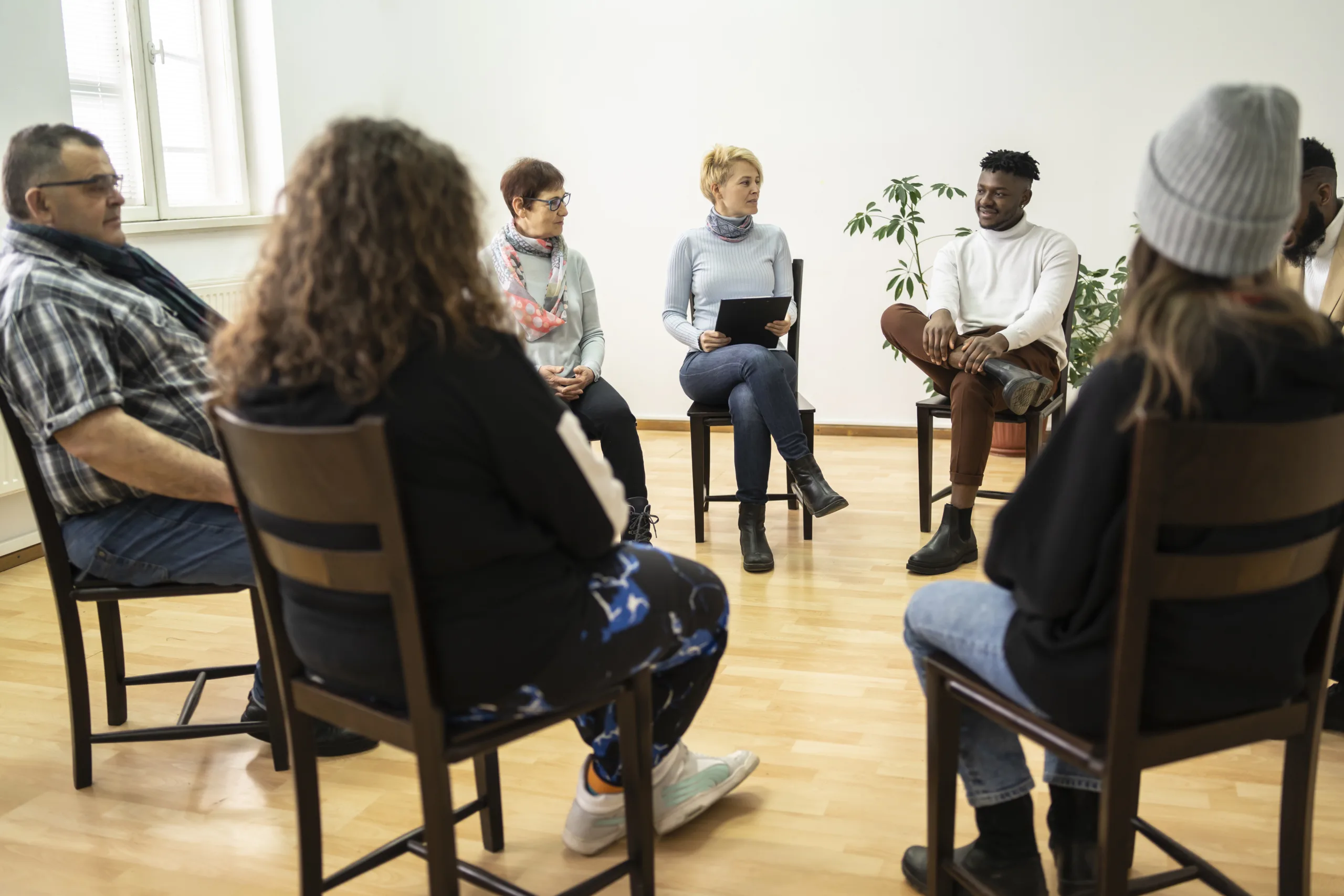24/7 Helpline:
(866) 899-111424/7 Helpline:
(866) 899-1114
Learn more about Couples Rehab centers in Teton County

Other Insurance Options

CareSource

Humana

United Health Care

Anthem

Magellan Health

Lucent

Regence

Health Choice

AllWell

Sutter

Group Health Incorporated

BHS | Behavioral Health Systems

Excellus

BlueShield

Kaiser Permanente

Covered California

Carleon

Sliding scale payment assistance

Evernorth

State Farm































Center for Mental Health
Center for Mental Health is a private rehab located in Choteau, Montana. Center for Mental Health sp...

Choteau Center for Mental Health
Choteau Center for Mental Health is a private rehab located in Choteau, Montana. Choteau Center for ...























